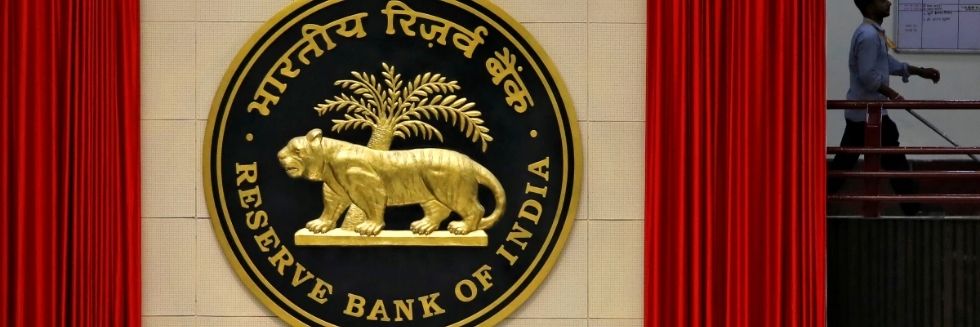The Delhi High Court held that the expression ‘judgment debtor’ in Clause (ccc) of Section 60(1) of the Civil Procedure Code has to be read and understood in the context of the meaning ascribed to the expression ‘debtor’ in the parent Act, Punjab Relief of Indebtedness Act, 1934.
As per the case, BR Dougall (BRD) claimed to be the owner of a self-acquired property in Civil Lines, Delhi. One M/s Atul Food Products Limited took a loan from the Union Bank of India (UBI), for which BRD offered his guarantee to secure the loan.
However, as the loan was not repaid on time, the Union Bank of India initiated recovery proceedings under Section 19 of the Recovery of Debts Due to Banks and Financial Institutions Act before the Debt Recovery Tribunal (DRT) in Delhi. The DRT through an ex-parte order allowed recovery against M/s Atul Food Products Limited & BRD and further issued a recovery certificate for an amount of Rs1,07,40,894.
The Debt Recovery Tribunal also restrained the BRD and others from creating any third-party interest in their properties to the detriment of the lender.
Later, the petitioner, Sujata Kapoor intervened and claimed that she was a bonafide purchaser of the Civil Lines property from BRD. She argued that the property was exempted from attachment and sale in terms of clause (ccc) to the proviso to Section 60(1) CPC, as applicable to Delhi, on the ground, that it was only a residential house of BRD and continued to be the only residential property of the petitioner even now. These arguments of the Petitioner were rejected by the DRT and DRAT (Debt Recovery Tribunal and Appellant Tribunal. Hence, the petitioner challenged the rejection before the High Court.
The HC Division Bench of Justices Vipin Sanghi and Rekha Palli, held that “In our considered view, the expression ‘judgment debtor’ used in Clause (ccc) of the proviso to Section 60(1) of the Code has to be read and understood in the context of the meaning ascribed to the expression “debtor” in the parent Act, i.e. the PRI Act as amended, and the expression ‘judgment debtor’ cannot be understood to mean any judgment debtor, as generally understood.”
“Such an interpretation would strike at the very foundation of the Rule of Law. It would provide a convenient escape to a person who obtains a loan from a bank, or another the financial institution, or person, or otherwise incurs a financial liability, by simply investing the loan amount or the debt due in buying a residential property for himself while ensuring that he has no other such property, and when the time to repay the same comes, to block the recovery by resort to Clause (ccc) of the proviso to Section 60(1) of the Code, even after the liability is determined upon adjudication,” the divisional bench held.






